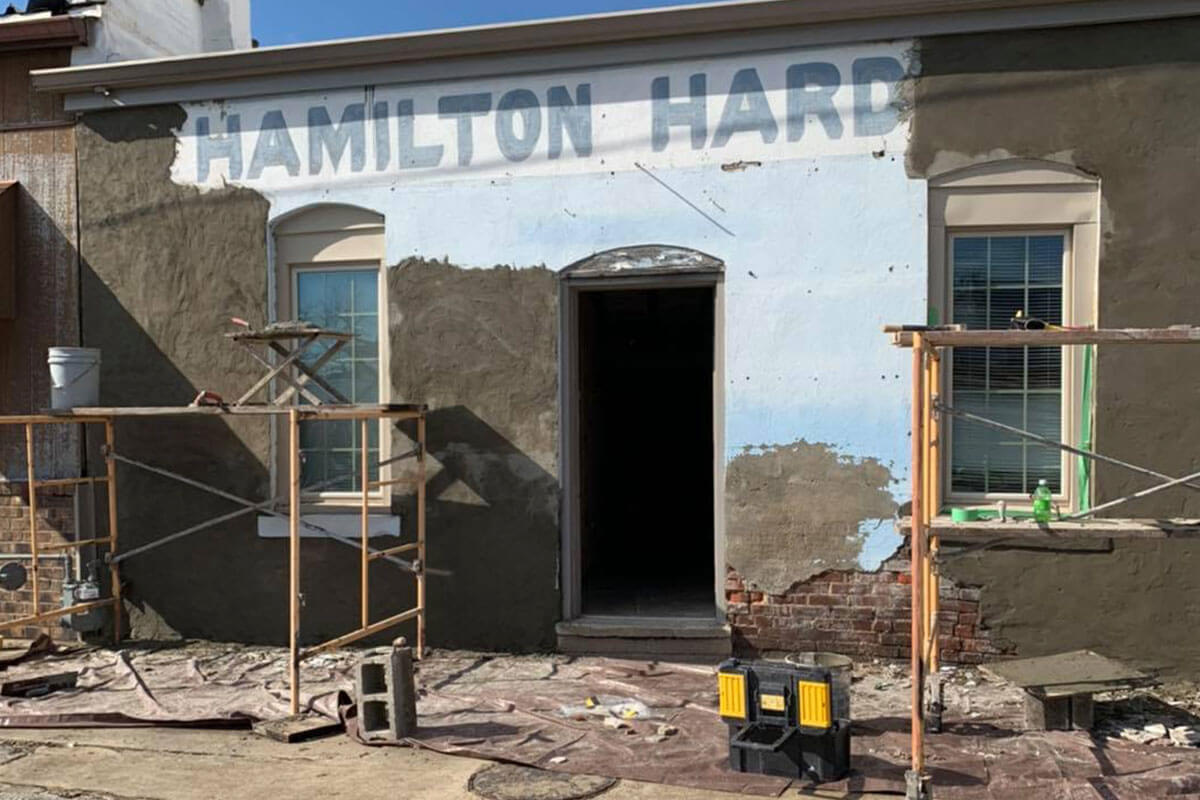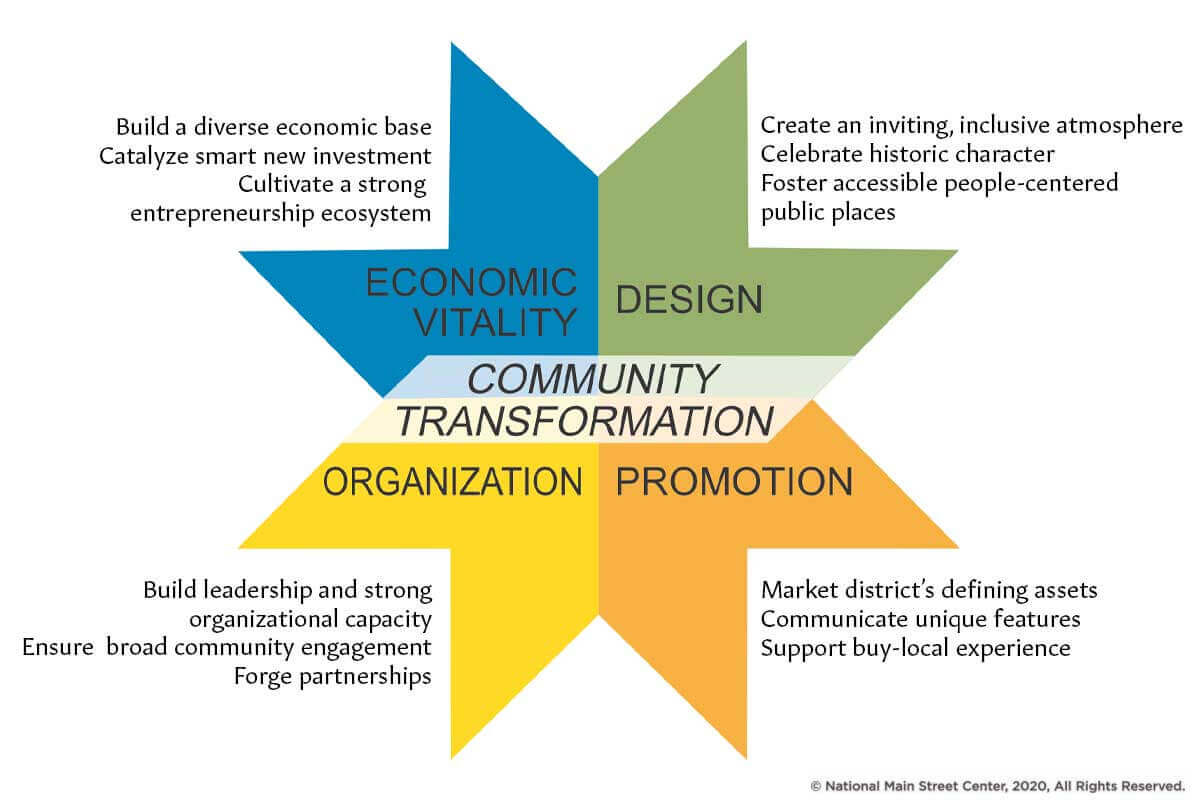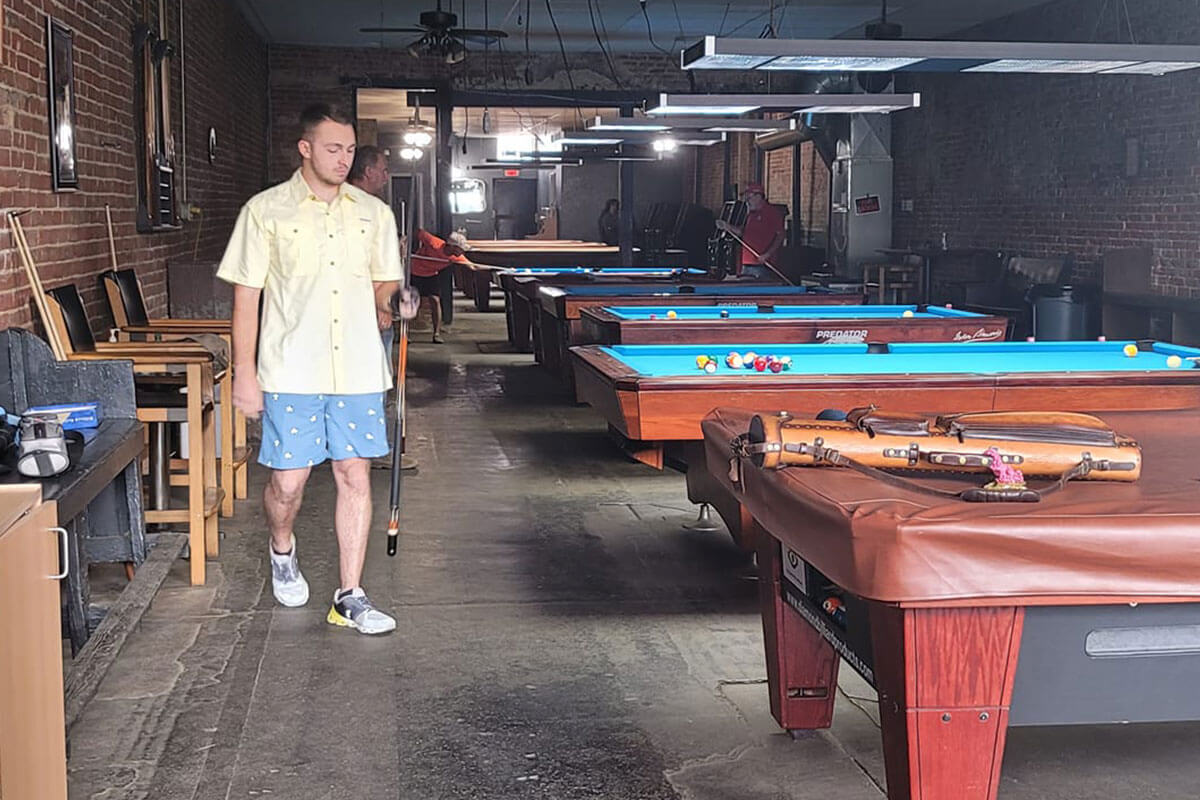Helping Revitalize Downtown, One Step At A Time
The Main Street Four-Point Approach® is a unique preservation-based economic development tool that enables communities to revitalize Downtown and neighborhood business districts by leveraging local assets - from historic, cultural, and architectural resources to local enterprises and community pride. It is a comprehensive strategy that addresses the variety of issues and problems that challenge traditional commercial districts.
Since its founding in 1980, Main Street has been the leader than 2,000 programs and leaders who use the Main Street approach to rebuild the places and enterprises that create sustainable, vibrant communities. This approach has been implemented in over 1,200 cities and towns in 40 states across the nation with the help of the National Main Street Center and statewide Downtown revitalization programs.
The success of the Main Street approach is based on its comprehensive nature. By carefully integrating four points into a practical Downtown management strategy, a local Main Street program will produce fundamental changes in a community’s economic base.

Organization
Organization involves building a Main Street framework that is well represented by business and property owners, bankers, citizens, historic preservationists, entrepreneurs, public officials, chamber of commerce, and other local economic development organizations. Everyone must work together to renew Downtown. A strong organization provides the structure and stability to build and maintain along-term effort.
Promotion
Promotion creates excitement and vibrancy Downtown. Street festivals, parades, retail events, and image development campaigns are some of the ways Main Street provides education on what’s Downtown and encourages customer traffic Promotion involves marketing an enticing image to shoppers, investors, and visitors.
Design
Design enhances the look and feel of the historic district. Historic building rehabilitation, street and alley clean-up, landscaping, street furniture, signage, visual merchandising and lighting all improve the physical image of the Downtown as a quality place to shop, work, walk, invest in, and live. Design improvements result in a reinvestment of public and private dollars to Downtown.
Economic Vitality
Economic Vitality involves analyzing current market forces to develop long-term solutions. Recruiting new businesses, creatively converting unused space for new uses, and sharpening the competitiveness of Main Street’s traditional merchants are examples of economic restructuring activities.
If you would be interested in joining Main Street Paragould as a Board or Committee member or to simply volunteer to help at an event, please visit our Volunteer Page for more information.
Learn About Volunteer Opportunities


The Eight Guiding Principles
1. Comprehensive
A single project cannot revitalize a Downtown or commercial neighborhood. An ongoing series of initiatives is vital to build community support and create lasting progress.
2. Identifying and capitalizing on existing assets
Business districts must capitalize on the assets that make them unique. Every district has unique qualities like distinctive buildings and human scale that give people a sense of belonging. These local assets must serve as the foundation for all aspects of the revitalization program.
3. Quality
Emphasize quality in every aspect of the revitalization program. This applies to all elements of the process — from storefront designs to promotional campaigns to educational programs. Shoestring budgets and "cut and paste" efforts reinforce a negative image of the commercial district. Instead, concentrate on quality projects over quantity.
4. Partnerships
Both the public and private sectors have a vital interest in the district and must work together to achieve common goals of Main Street's revitalization. Each sector has a role to play and each must understand the other's strengths and limitations in order to forge an effective partnership.
5. Incremental
Baby steps come before walking. Successful revitalization programs begin with basic, simple activities that demonstrate that "new things are happening " in the commercial district. As public confidence in the Main Street district grows and participants' understanding of the revitalization process becomes more sophisticated, Main Street is able to tackle increasingly complex problems and more ambitious projects. This incremental change leads to much longer-lasting and dramatic positive change in the Main Street area.
6. Self-help
No one else will save your Main Street. Local leaders must have the will and desire to mobilize local resources and talent. That means convincing residents and business owners of the rewards they'll reap by investing time and money in Main Street — the heart of their community. Only local leadership can produce long-term success by fostering and demonstrating community involvement and commitment to the revitalization effort.
7. Change
Skeptics turn into believers and attitudes on Main Street will turn around. At first, almost no one believes Main Street can really turn around. Changes in attitude and practice are slow but definite — public support for change will build as the Main Street program grows and consistently meets its goals. Change also means engaging in better business practices, altering ways of thinking, and improving the physical appearance of the commercial district. A carefully planned Main Street program will help shift public perceptions and practices to support and sustain the revitalization process.
8. Implementation
To succeed, Main Street must show visible results that can only come from completing projects. Frequent, visible changes are a reminder that the revitalization effort is under way and succeeding. Small projects at the beginning of the program pave the way for larger ones as the revitalization effort matures, and that constant revitalization activity creates confidence in the Main Street program and ever-greater levels of participation.
DONATE
and make a difference to Downtown
HELP
us realize the full potential of Downtown.
Our budget is driven by community investment. Please help us preserve and enhance our Downtown — the heart of our community, a place that supports small businesses, a place of unlimited potential.
Main Street Paragould, Inc., is a designated 501(c)(3) therefore, your investment is tax deductible.
- Non-profits: 501(c)(3)s, Churches, Scouts, Clubs, School Groups
- Businesses: Businesses for profit, organizations, etc.
- Candidates/Politicians: Those in office or running for public office (See Political)
- Pageant Winners: Those holding pageant titles
- Commercial Vehicle: Vehicles used for a business, mowing/towing, lawncare, distributors
- Personal Vehicle: Individually owned
- Classic Vehicle: An older car with enough historical interest to be collectable and worth preserving or restoring
- Antique Vehicle: 25 years or older
- Government/Public Vehicle: Fire, Police, County, E911, etc.

